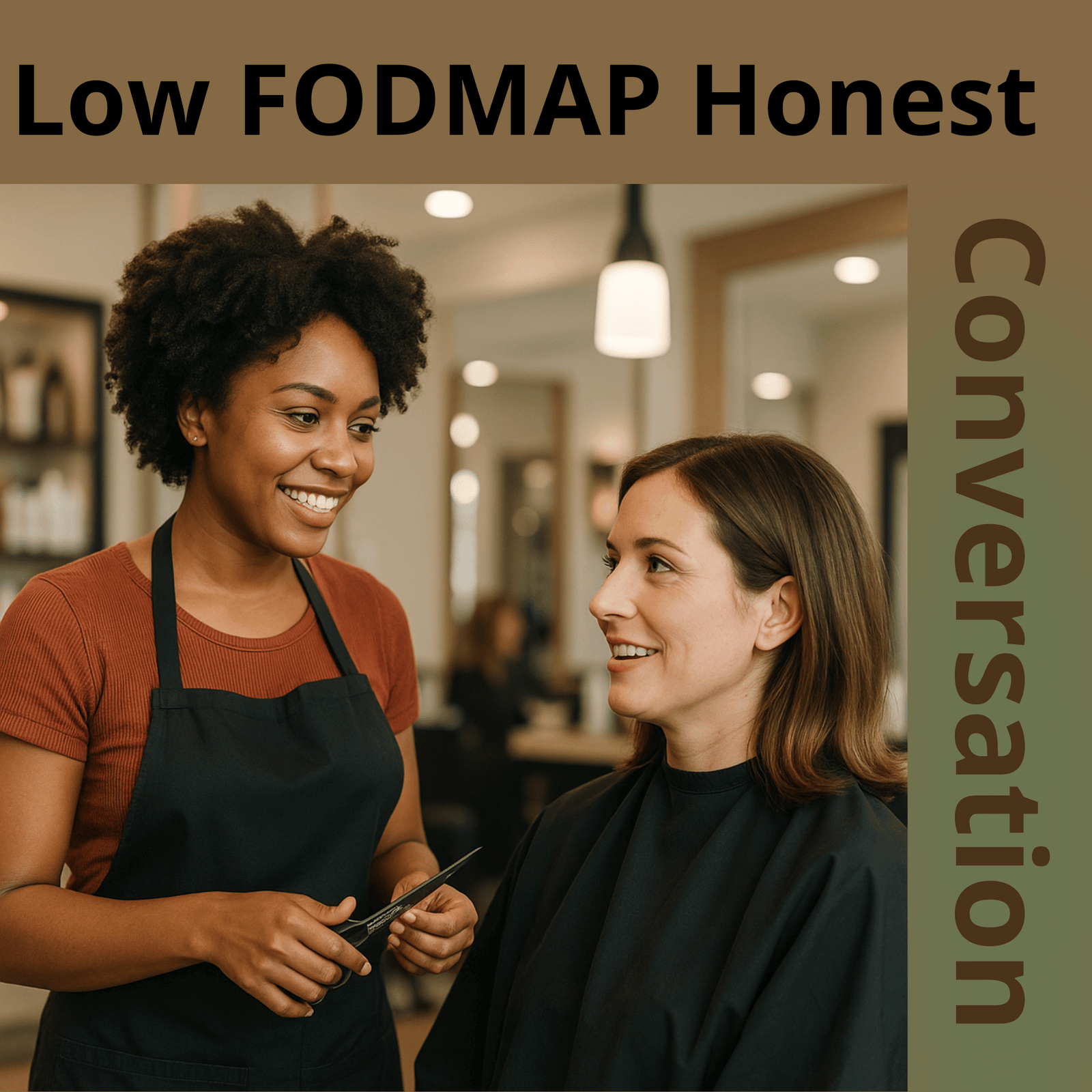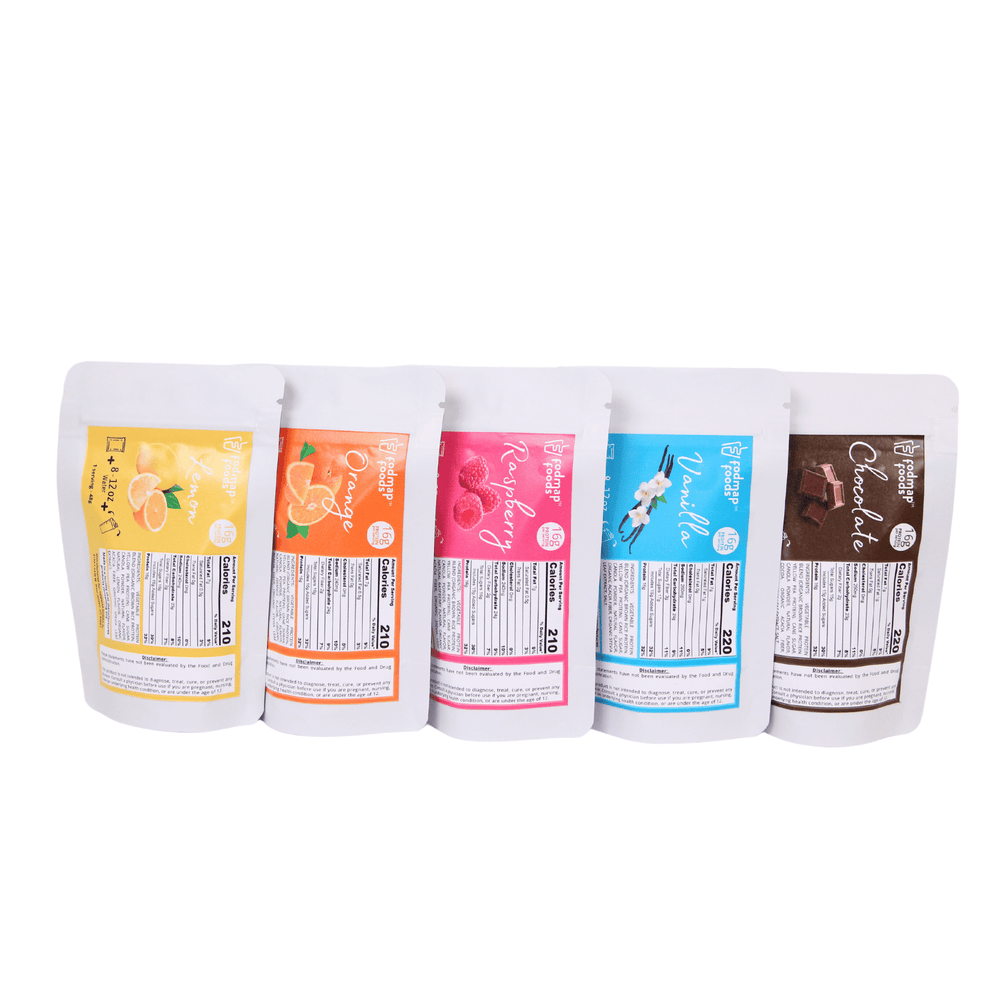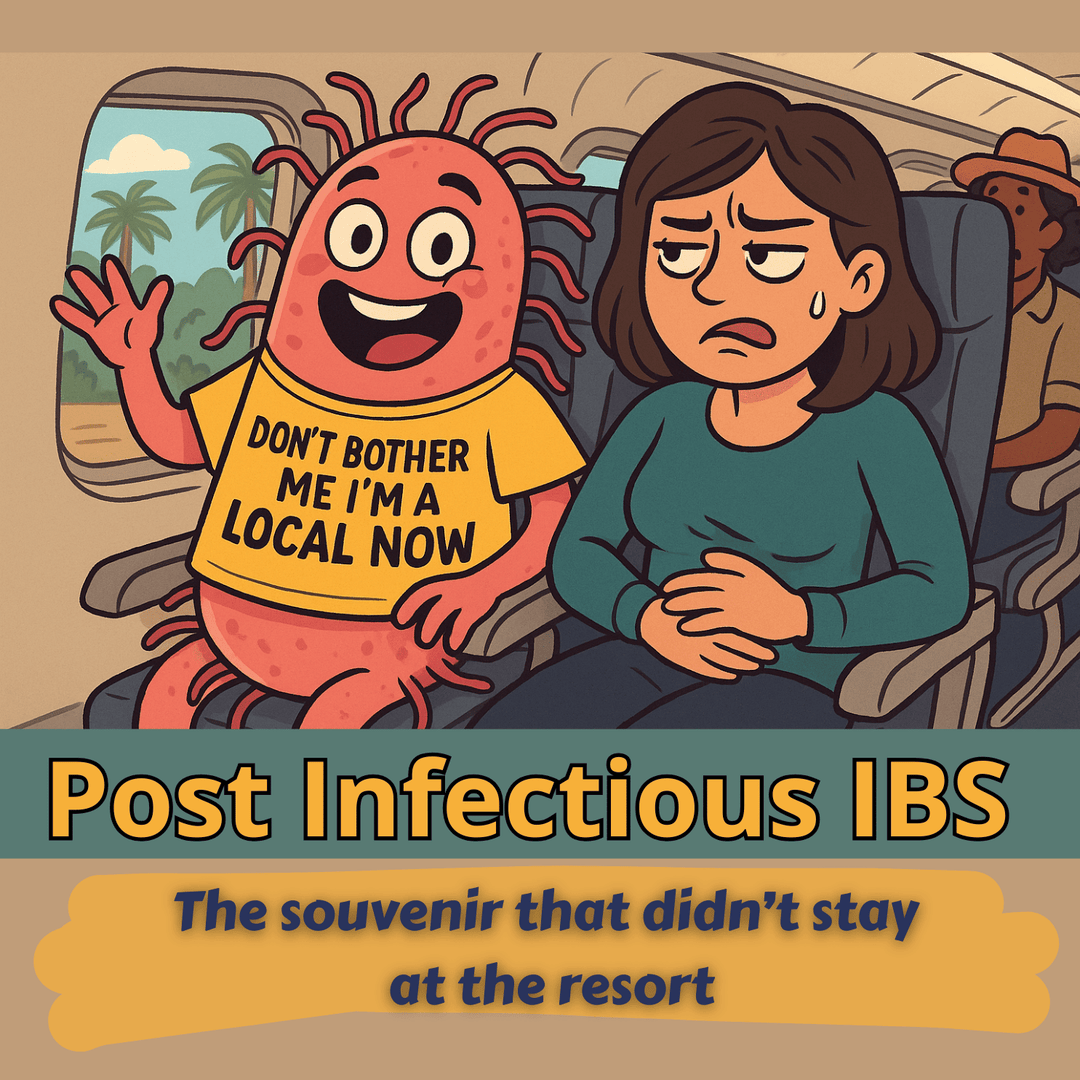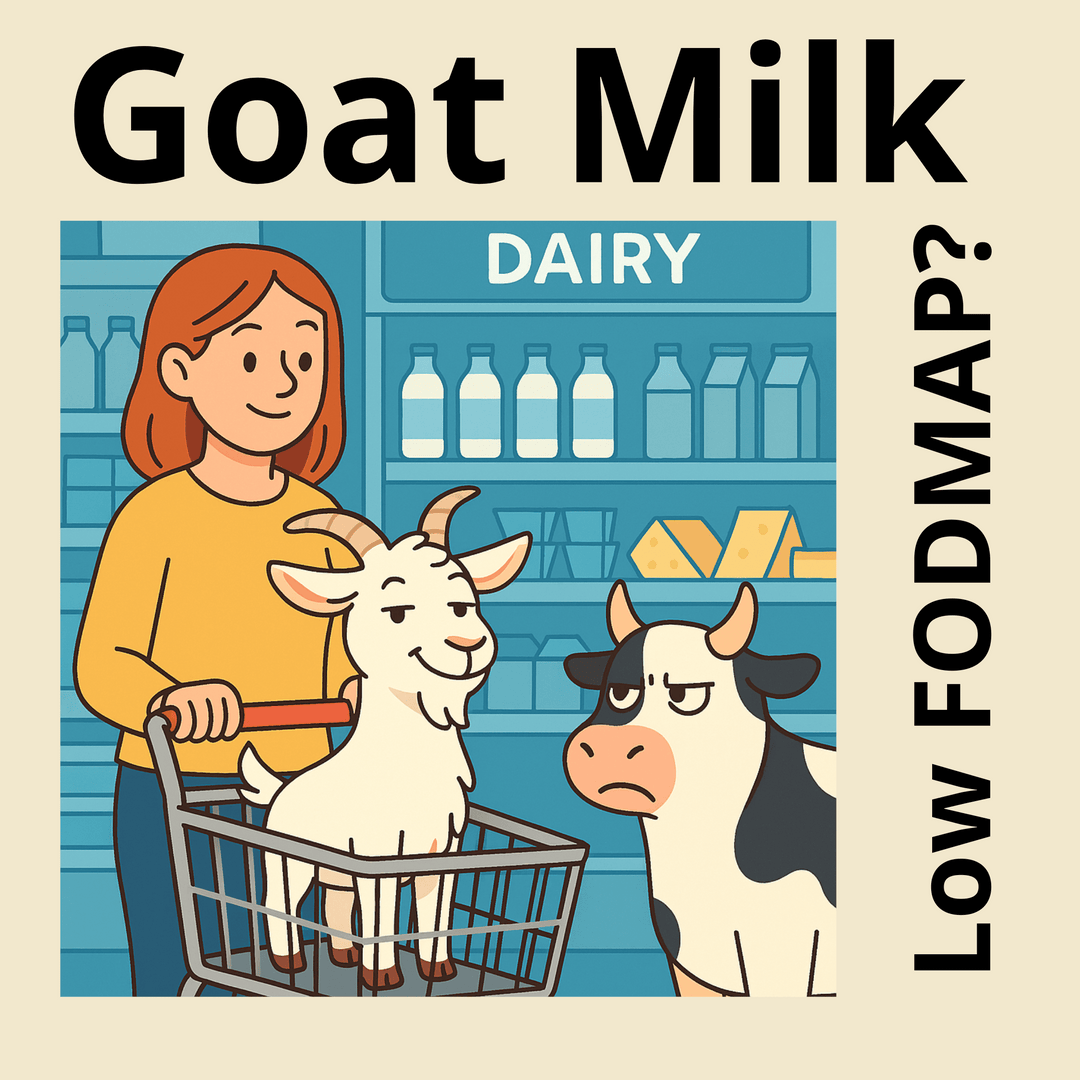What Works for IBS? Why Low-FODMAP Beats Generic Advice

A Real-World Explanation
If you live with irritable bowel syndrome (IBS), you know it’s not “all in your head.” It’s a mix of gut nerves, food reactions, and even stress that keep the stomach and intestines from working smoothly. Doctors describe it with fancy words like “motility problems” and “visceral hypersensitivity,” but for us regular folks it just means the gut overreacts to certain foods or stress in ways that can take over your life [1–3].
Make it easy
Think of it like this: some people can eat garlic bread and feel fine. For others, it’s like pouring gas on a fire—your gut swells, cramps, and runs wild. That’s why the low-FODMAP diet has been such a breakthrough. FODMAPs are a type of sugar found in foods like onions, apples, and wheat that easily ferment in the gut. Cutting them back often calms the storm, especially if diarrhea is your main problem [3–7].
But this isn’t a one-size-fits-all diet. It’s more like testing which light switches set off the alarm. With a dietitian’s help, you cut out the big triggers for a few weeks, then bring foods back one by one. That way, you don’t end up living on chicken and rice forever. For constipation-type IBS, adding soluble fiber like psyllium can work better than cutting foods. Peppermint oil capsules are another helper—they relax the gut muscles so the cramping isn’t as bad [6].
The Research
Researchers have compared the low-FODMAP diet (developed by Monash University) to everyday eating, to “eat healthy” advice, and even to medications. Across the board, the low-FODMAP plan usually wins when it comes to less bloating, less pain, and more good days. One large study (the DOMINO trial) even showed food changes worked better than a gut-spasm drug—71 percent of patients felt better on diet changes compared to 61 percent on the pill [7]. That’s powerful proof that food matters.
Still, experts warn not to go at it alone. Because the diet is restrictive at first, you risk missing out on nutrients if you don’t re-add safe foods later. It’s like pruning a tree—you want to cut back the branches that cause trouble, but not chop down the whole thing [1–3][5][7–8][10].
So what to do long term?
The good news is, people who stick with a smart version of the diet—cutting triggers but still eating a variety of foods—report fewer IBS flare-ups even years later. Their energy and mood often improve too. The catch? If you never re-expand your diet, it can get boring, and some healthy gut bacteria may shrink. With good guidance, though, studies show nutrition stays balanced and symptoms stay controlled [2–5].
So the real trick isn’t just starting a low-FODMAP diet. It’s learning your personal “yes and no” list, then moving forward with a diet that feels like living, not just surviving.
IBS doesn’t have a magic cure. But the research is clear: a low-FODMAP diet is the strongest tool we have. Fiber (psyllium) helps if constipation dominates. Peppermint oil can be a simple add-on. Long-term success comes from personalizing the plan, not just cutting everything forever. In other words, you don’t need a perfect gut—you just need to know how to work with the one you’ve got.
References
- Ford AC, Sperber AD, Corsetti M, Camilleri M. Lancet. 2020;396:1675-1688.
- Yu RL, Weber HC. Curr Opin Endocrinol Diabetes Obes. 2025;32(3):102-107.
- Camilleri M. JAMA. 2021;325(9):865-877.
- Chey WD, Hashash JG, Manning L, Chang L. Gastroenterology. 2022;162:1737-1745.
- Surdea-Blaga T, Cozma-Petrut A, Dumitraşcu DL. Curr Opin Gastroenterol. 2021;37(2):152-157.
- Memel ZN, Shah ND, Beck KR. Nutr Clin Pract. 2025.
- Carbone F, Van den Houte K, Besard L, et al. DOMINO Study. Gut. 2022;71(11):2226-2232.
- Van den Houte K, Colomier E, Schol J, Carbone F, Tack J. Curr Opin Psychiatry. 2020;33(5):460-466.
- Camilleri M, Boeckxstaens G. Gut. 2023;72(3):590-599.
- Tunali V, Arslan NÇ, Ermiş BH, et al. Am J Gastroenterol. 2024;119(9):1901-1912.
Article written by Nasha Thompson September 2025








Leave a comment